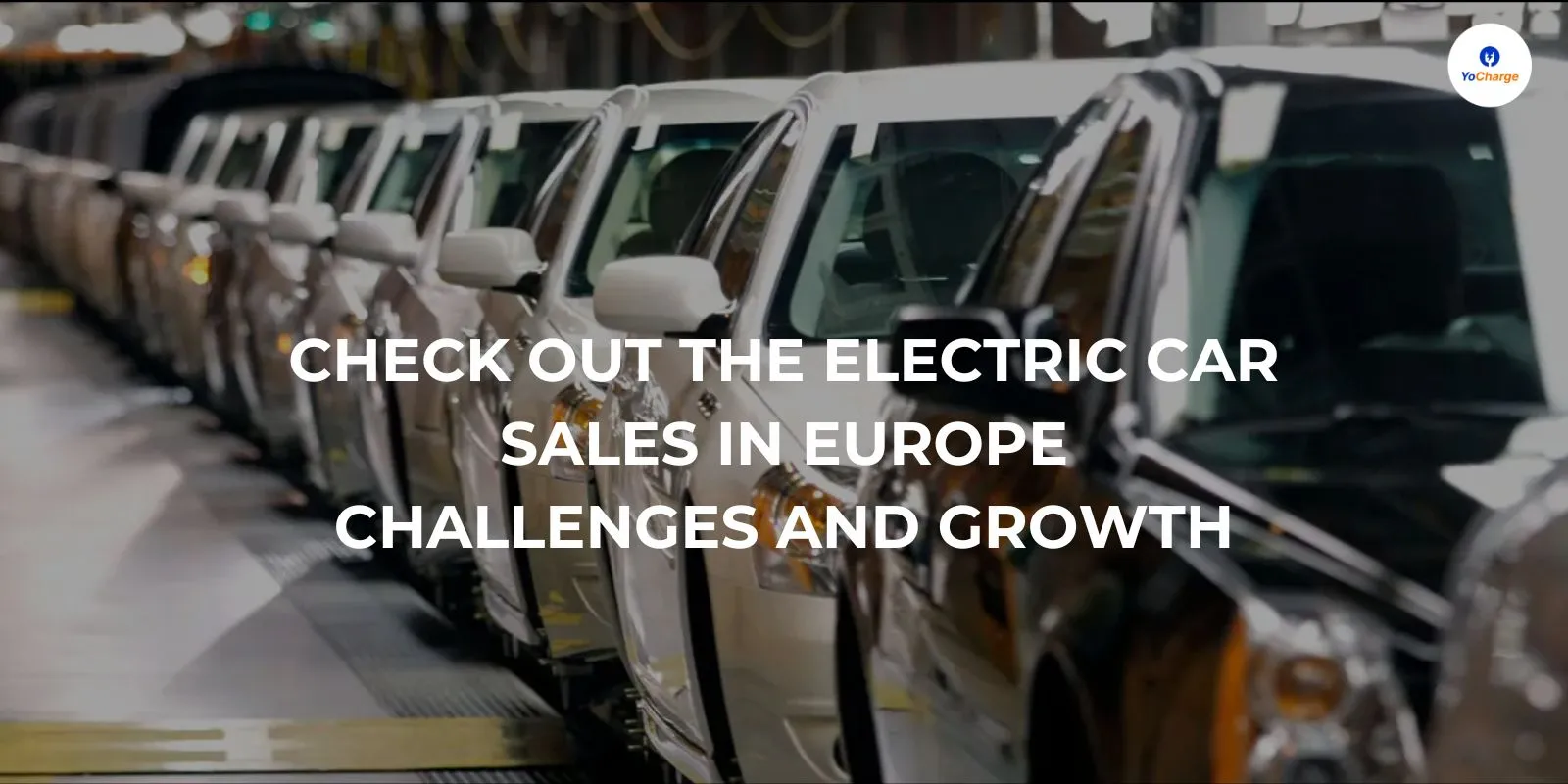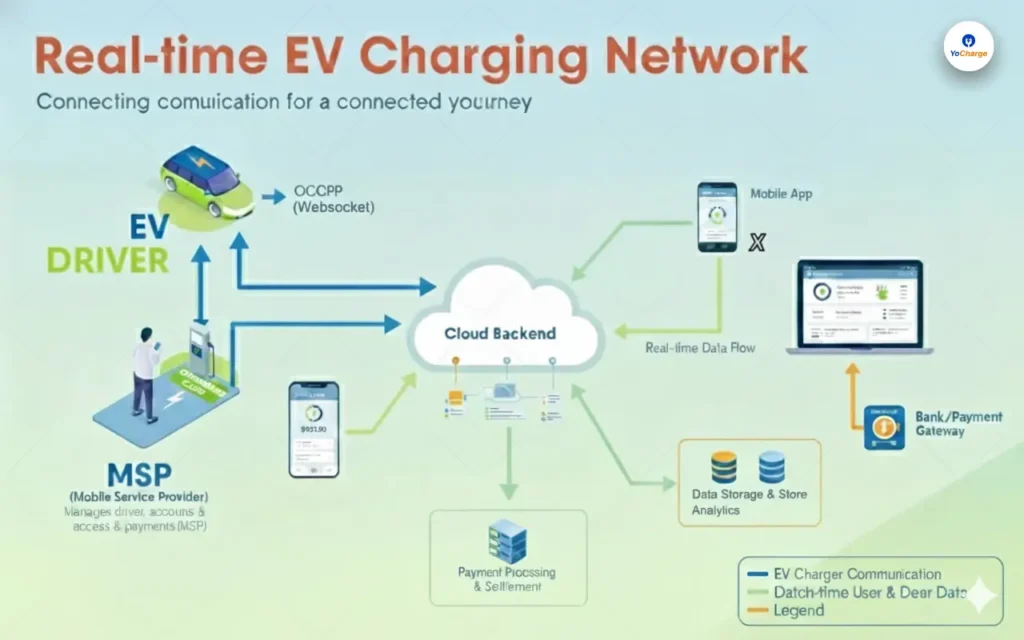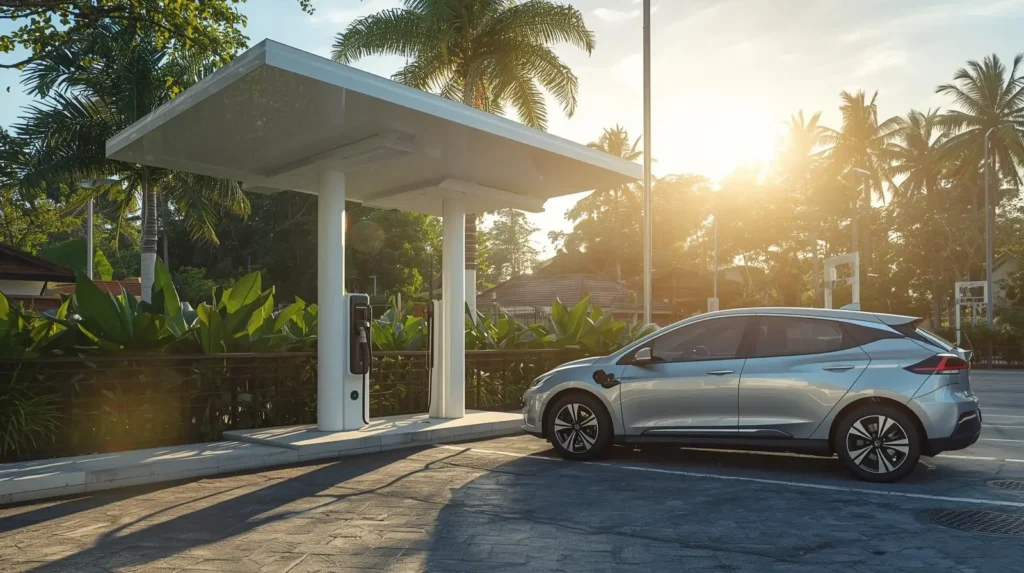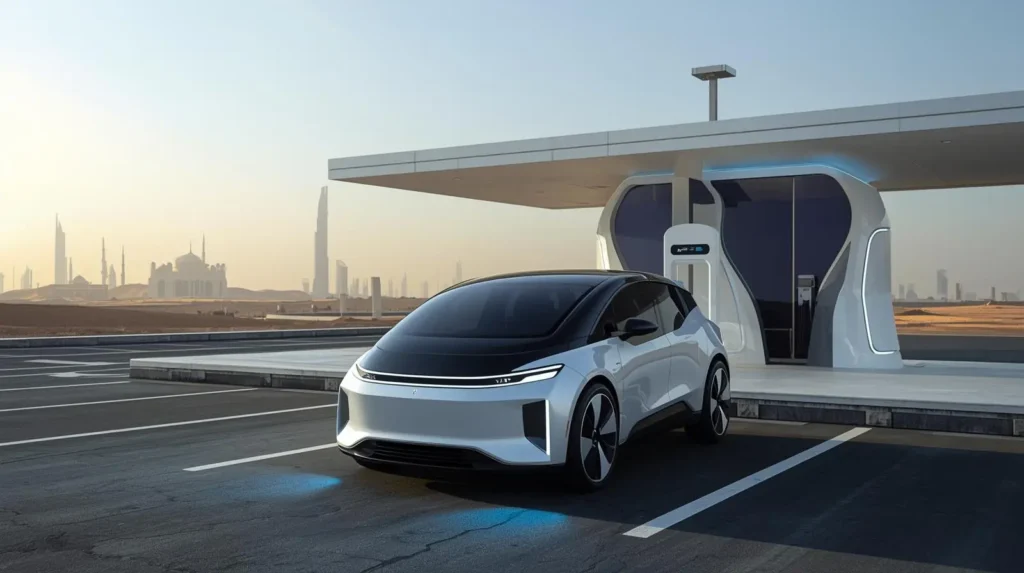
The electric car sales in Europe has experienced significant growth in recent years. However, 2024 presented a mix of both challenges and progress.
Electric car sales in Europe remained strong, but the pace slowed compared to previous years, primarily due to changing government policies and the reduction of subsidies.
Let’s take a closer look at how the electric car market in Europe has developed in 2024, what challenges the region faces, and where it is headed.
Electric Car Sales in Europe: 2024 Overview
In 2024, around 20% of all new cars sold in Europe were electric, maintaining the same sales share as the previous year. While the electric car market in Europe is still growing, the growth rate slowed down.
For example, in major car markets such as Germany and France, electric car sales experienced a drop in market share, primarily due to changes in government incentives.
However, there were still some bright spots in the European electric car market. Countries like Norway, the United Kingdom, and Denmark continued to see strong electric car sales, with Norway leading the way with nearly 88% of all new car sales being battery electric vehicles (BEVs).
Government Subsidies and Policy Changes
A significant factor in the slower growth of electric car sales in Europe in 2024 was the reduction or phasing out of government subsidies in several major markets.
For instance, in Germany, electric car subsidies were removed entirely at the end of 2023. This change had a noticeable effect on the electric car market, leading to a decline in sales by 4 percentage points in 2024.
Similarly, France also reduced its subsidies for electric vehicles, especially for higher-income buyers. The French government introduced stricter conditions for subsidies, limiting the amount available to those purchasing more expensive electric cars.
These changes were meant to encourage a more equitable distribution of subsidies, but they did slow down the adoption of electric cars.
In contrast, countries like Norway and the United Kingdom saw continued growth in electric car sales, despite the reduction in subsidies. Norway reached near-total electrification, with 88% of car sales being BEVs in 2024, while the United Kingdom saw a rise in electric car sales share to nearly 30%.
Also Read: Growth of Electric Car Market in China
The Impact of CO2 Standards
Another challenge faced by the electric car market in Europe is the region’s CO2 emission standards. The European Union has a set of strict targets for reducing carbon emissions from cars, but these targets are updated every five years.
As a result, carmakers in Europe had less incentive to push for electric vehicle sales in 2024 since the next round of targets would take effect in 2025.
This is different from markets like the United Kingdom, where CO2 emission targets are set on an annual basis, giving manufacturers a stronger incentive to increase electric vehicle production and sales each year.
As a result, the electric car market in the UK continued to perform well, even as other European countries struggled with stagnant growth.
Norway: A Success Story in Europe
One country that has been an overwhelming success in terms of electric car adoption is Norway. As mentioned, 88% of all new car sales in Norway were battery electric vehicles (BEVs) in 2024.
The figure is remarkable, as it represents one of the highest rates of electric car adoption in the world. The Norwegian government has implemented a combination of policies that have made electric cars an attractive choice for consumers.
For instance, Norway offers tax exemptions for electric vehicles (EVs), which significantly reduce their cost compared to conventional cars.
Additionally, Norway has invested heavily in charging infrastructure, making it easy for drivers to find places to charge their electric cars.
As a result, Norway serves as a model for other European countries looking to increase electric car adoption. With its strong incentives and growing infrastructure, Norway’s electric car market is expected to continue leading the way in Europe for years to come.
Also Read: Global Electric Car Sales Reach 17 Million
The Future of Electric Car Sales in Europe
Despite the challenges, the electric car market in Europe remains poised for growth in the coming years. European countries are under increasing pressure to reduce their carbon emissions, and electric cars are a key part of that strategy.
The EU’s CO2 targets will continue to encourage automakers to produce more electric vehicles, while governments are likely to introduce new policies to support electric car adoption.
One major shift expected in 2025 is the introduction of new CO2 targets for car manufacturers. The European Commission has already proposed changes to the current CO2 standards, including providing more flexibility to carmakers to meet the targets over a three-year period.
This change could drive up electric car sales in Europe, especially in countries like Germany and France, where subsidies and government support have been reduced.
In addition, the growing availability of more affordable electric vehicles will likely attract a broader audience in Europe. As electric car prices continue to fall, more consumers will be able to make the switch to electric.
Conclusion
The electric car market in Europe saw steady progress in 2024, despite a few setbacks. While electric car sales in countries like Germany and France slowed down due to changes in government subsidies and policy, other countries, such as Norway and the United Kingdom, continued to see strong growth.
The EU’s CO2 emission standards will continue to play a significant role in shaping the future of the electric car market in Europe.
As governments implement new policies and the availability of affordable electric vehicles increases, the electric car market in Europe is set to continue growing, contributing to the global shift towards sustainable transportation.
Source: Global EV Outlook 2025



